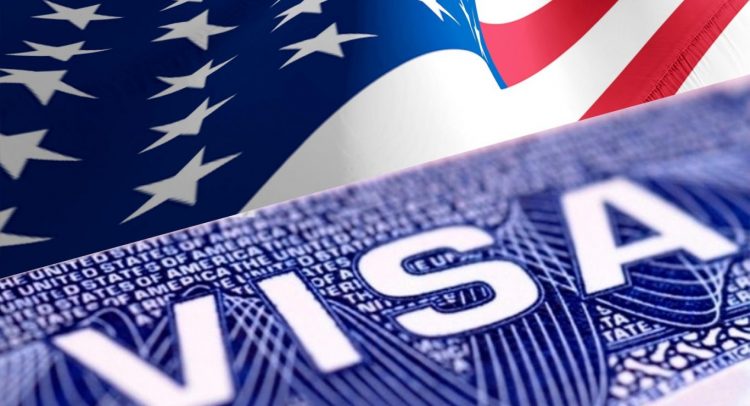US Visa
Ghanaians applying for a United States (US) visa will have to pay an additional $250 as visa integrity fee under Donald Trump’s new One Big Beautiful Bill Act.
The new fee also applies to all visitors travelling to the US on a non-immigrant visa, but exempts those who travel with a visa waiver.
This new charge therefore, increases the total cost of acquiring a typical US visa application for Ghanaians closer to $500.
This, however, excludes other expenses such as travel, documentation, and appointment-related costs.
The new $250 charge cannot be waived or reduced, but travellers on a non-immigrant visa may be able to have the fee reimbursed if they comply with all visa conditions, including not accepting unauthorised employment while in the US.
The visa integrity fee can be changed by the Secretary of Homeland Security and will be adjusted annually, per inflation.
It is due to affect millions of tourists, international students and workers after the Trump administration’s One Big Beautiful Bill was signed into law on July 4, 2025, the Independent reported.
Those who depart the US no later than five days after their visa expires or gain lawful permanent resident status will also be eligible for a reimbursement.
The charge is not yet set up to be collected, but will be effective during the US fiscal year, which runs from October 1, 2024 to September 30, 2025.
The law does not specify exactly when or how the fee will be paid or reimbursements will be issued.
A Department of Homeland Security spokesperson has stated that “The visa integrity fee requires cross-agency coordination before implementation,” adding that “President Trump’s One Big Beautiful Bill provides the necessary policies and resources to restore integrity in our nation’s immigration system.”
The fee will be charged on top of existing visa application costs – including a newly increased ‘Form 1-94’ fee from $6 to $24.
A report by the US government revealed that nearly 11 million non-immigrant visas were issued in 2024 alone, with a large number going to Africans, Asians, and Latin Americans.
The new fee now increases the burden on most Ghanaian students, tourists, and temporary workers who struggle to raise money for an already expensive and stressful process.
BY Gibril Abdul Razak


